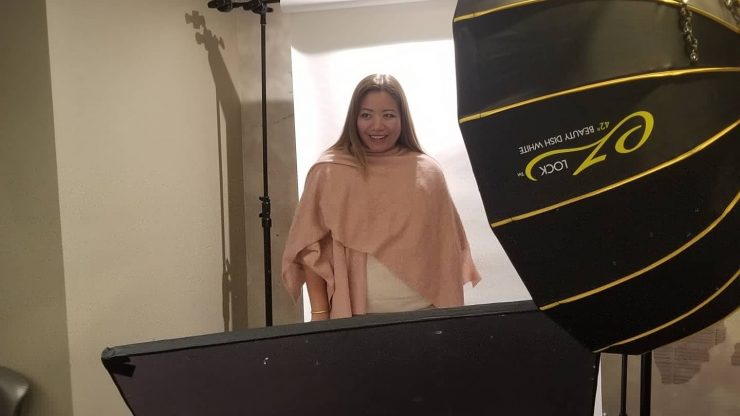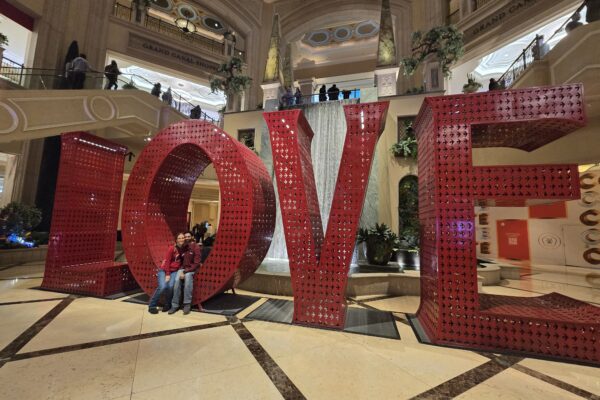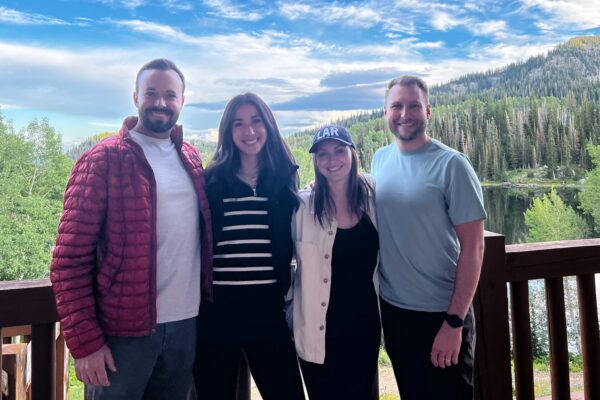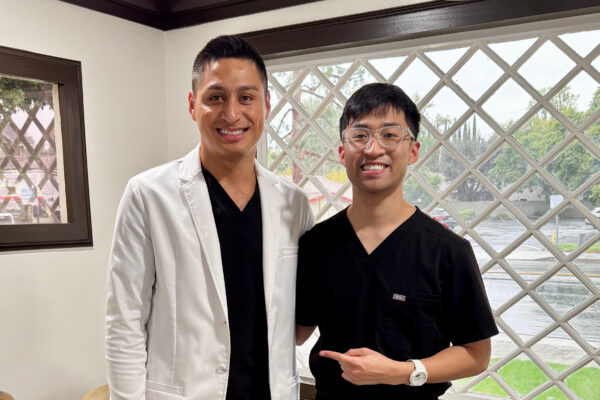As the owner and founder of The Lukes Network, Anna Lisa (Biason) Lukes (MBA ’13) is paving the way for environmental stewardship by helping organizations embrace sustainability and the Triple Bottom Line of People, Profit and Planet as part of their business practices. The Lukes Network is a marketing and sustainability consulting firm, and recently organized the Three B Sustainability Summit as part of Chapman’s 2021 Earth Day programming.
Anna Lisa also serves on the board of Habitat for Humanity of Orange County; as Vice Chair of the County of Orange Workforce Development Board (which connects people to jobs offered by the business community); and as Chair of the Traffic Commission in the City of Laguna Hills. Balancing the demands of her own marketing and sustainability company with enjoying life with her husband and giving back to the community are priorities for her.
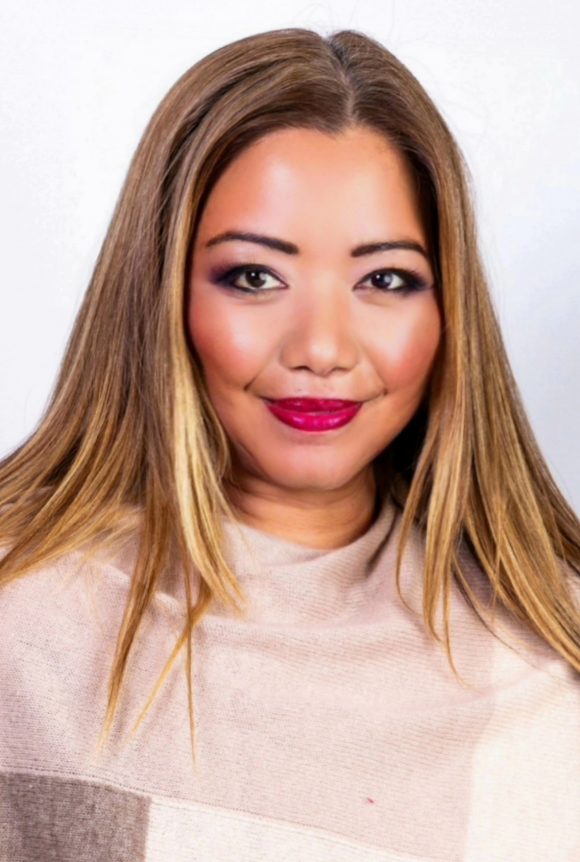 Who was the most influential person for you at Chapman? Why?
Who was the most influential person for you at Chapman? Why?
Debbie Gonda, who has since retired, made my experience at Chapman feel personal. I had applied for and became a finalist for the Chapman Tomorrow’s Leader FLEX MBA Scholarship Program, and Debbie made me feel welcome immediately after becoming part of the Chapman family. She was always responsive, helpful, professional and pointed me in the right direction.
Another person who was influential even before I applied to the program was Dr. Francis Tuggle, former dean of the business school. I met him a couple of years prior when he coached after winning a business plan competition that was held at Chapman University (coaching was part of the prize). We remained in touch and are still connected to this day. He was even part of my wedding, got an officiant’s license for a day and married me and my husband, Jay, a few years ago, during my last semester at Chapman!
If you could go back in time and experience one moment again from your time at Chapman, what would it be? Is there anything that you would do differently?
I was working full-time as a director in affordable housing and went to class two to three times a week in the evening, and at times on Saturdays. I had also gotten engaged and then got married just before graduation. It was a busy and hectic time, and I had gone on auto-pilot for 21 months during the program so I could finish the program a bit early. I made some good lifelong friends at Chapman and overall, probably would have tried to meet even more people and spent more time on campus.
What do you wish you knew at the time of your graduation (about life, career, family, best place for tacos, etc.) that you know now? What advice can you give to the students and/or recent graduates of today?
Balance is important. By that I mean, being mindful of the importance of working hard and enjoying life at the same time. Staying connected with friends, working out, meditating and enjoying the moment are equally important as work. Since starting my company and second business, balance has become even more critical. I love what I do, and even through various projects and client deadlines, I prioritize being involved in the community and spending time doing things that bring me joy. Jay is also my business partner, and so we get to spend a lot of time together, and we make sure it’s not all work. I time block almost everything, and our two little shih-tzu poodle mixes help make sure we enjoy ourselves too!
How did Chapman prepare you for your career? How did your experience prepare you for the real world?
My MBA was a well-rounded program that enhanced my business experience. Jay and I have our own marketing and sustainability firm, and I am grateful that Chapman helped give a foundation to know what it takes to start and grow our purpose-driven company. Also, the personal relationships I made are ones I still cherish to this day.
What were the most challenging social/societal issue in our country/world that you faced as a college student?
During my time at Chapman, just about every paper or presentation I wrote or gave was either about The Philippines (where I was born) or about sustainability and the Triple Bottom Line of People, Profit and Planet. I became curious to know more about its economy and its history, as well as where it is going as part of the Next Eleven (11 nations that are poised to have the biggest economies in the 21st century). I was proud to learn that it was the second largest economy after World War II and that it’s coming back strong during my lifetime. I am still passionate about learning more about The Philippines and intend to visit it in the near future and plan to start a different business there in a few years.
As to sustainability — my belief in doing business with an eye towards economic, environmental and social impact, that all of these are equally important, has not wavered. Our company just hosted a summit about sustainability and we had three publicly-traded companies, along with a major institution in higher education and one of the largest cities in Orange County discuss the concept of sustainability. We highlighted the case studies of sustainability at UPS, the UC system and the City of Irvine and also had Willdan Group, Inc. Tesla, SunRun and SolarApp talk about opportunities and technologies that businesses and public entities can take advantage of to save money and reduce their environmental impact while engaging and inspiring their employees. It’s here to stay and our company is here in part to help generate conversations about it.
